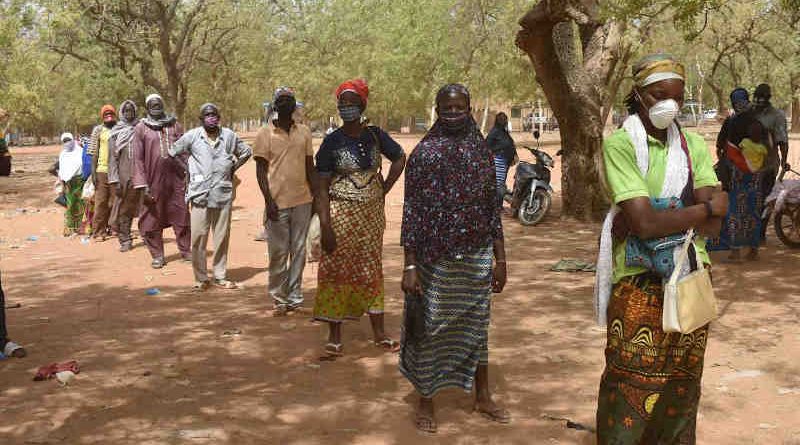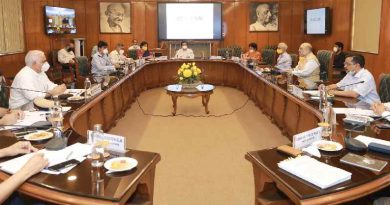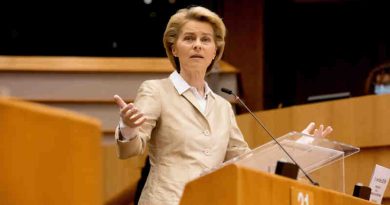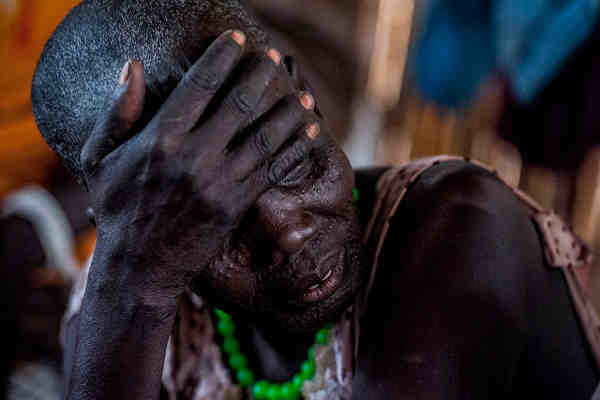UN Issues $6.7 Billion Appeal to Tackle Covid Pandemic
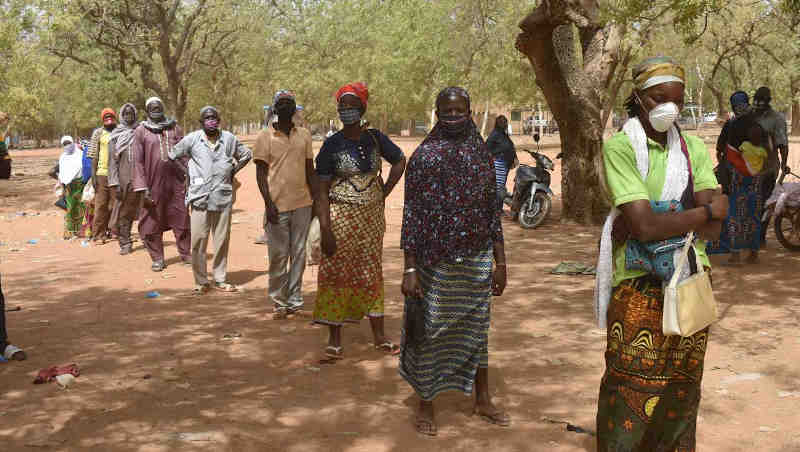
The United Nations humanitarian chief, Mark Lowcock, has called for swift and determined action to avoid the most destabilizing effects of the COVID-19 pandemic as he released Thursday (May 7) a US$6.7 billion appeal and an updated global plan to fight the coronavirus in fragile countries.
The COVID-19 infection has now reached every country, with nearly 3,596,000 confirmed cases and more than 247,650 deaths worldwide. The peak of the disease in the world’s poorest countries is not expected until some point over the next three to six months.
However, there is already evidence of incomes plummeting and jobs disappearing, food supplies falling and prices soaring, and children missing vaccinations and meals.
“The COVID-19 pandemic is hurting us all. But the most devastating and destabilizing effects will be felt in the world’s poorest countries. In the poorest countries we can already see economies contracting as export earnings, remittances and tourism disappear,” said UN Under-Secretary-General for Humanitarian Affairs Mark Lowcock ahead of the launch event. “Unless we take action now, we should be prepared for a significant rise in conflict, hunger, and poverty. The specter of multiple famines looms,” he added.
| Download All Issues of Covid Health Bulletin | |
| April 16-30, 2020 | May 1-15, 2020 |
The humanitarian system is taking action to avert a sharp rise in conflict, hunger, poverty, and disease as a result of the pandemic and the associated global recession. The updated Global Humanitarian Response Plan has been expanded in response.
It includes nine additional vulnerable countries: Benin, Djibouti, Liberia, Mozambique, Pakistan, the Philippines, Sierra Leone, Togo, and Zimbabwe, and programs to respond to the growth in food insecurity.
The new appeal and updated humanitarian response plan were released at a virtual event hosted by Mr. Lowcock, alongside the Executive Director of the World Health Organization (WHO) Health Emergencies Programme, Mike Ryan; the President and CEO of Oxfam America, Abby Maxman; the UN High Commissioner for Refugees, Filippo Grandi; and the Executive Director of the World Food Programme (WFP), David Beasley. The plan was first launched by UN Secretary-General António Guterres in March.

